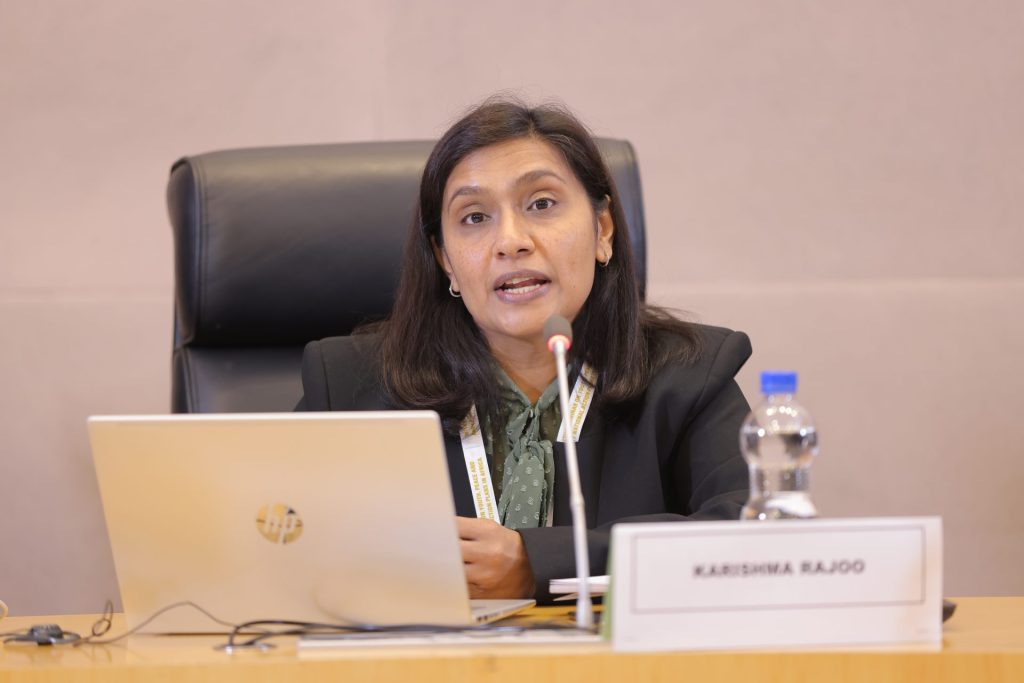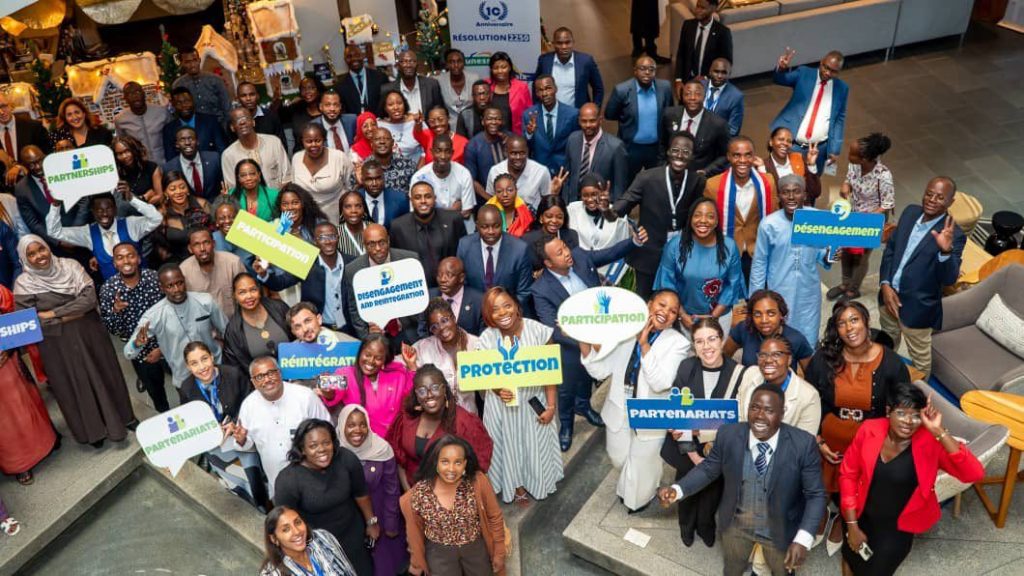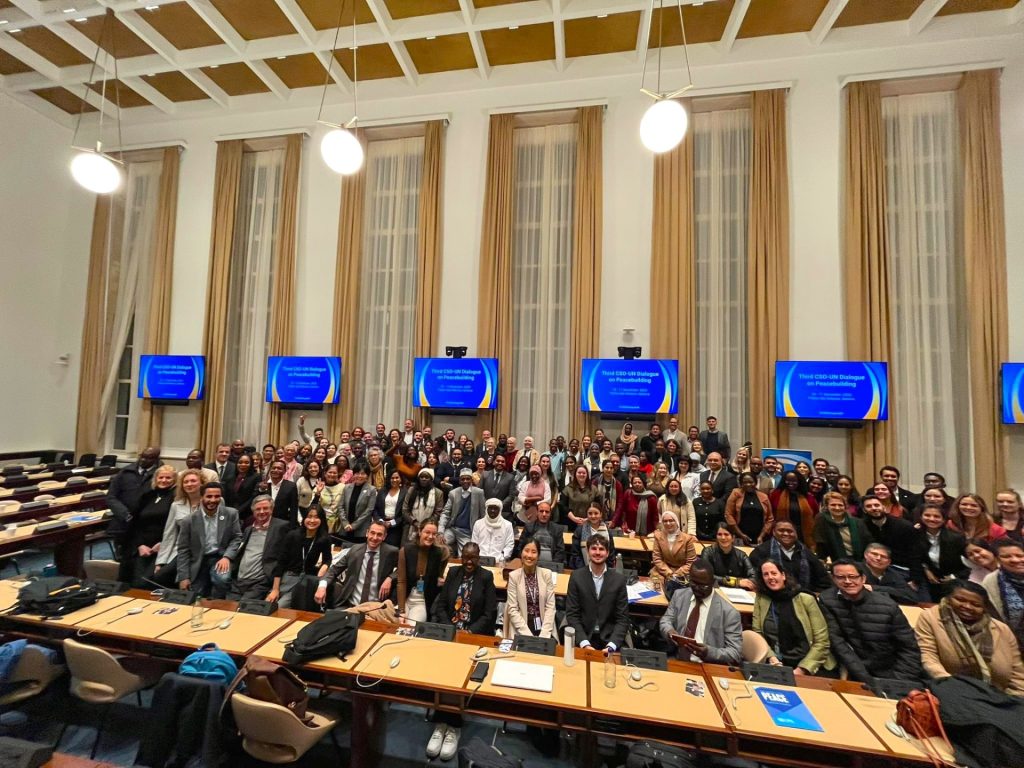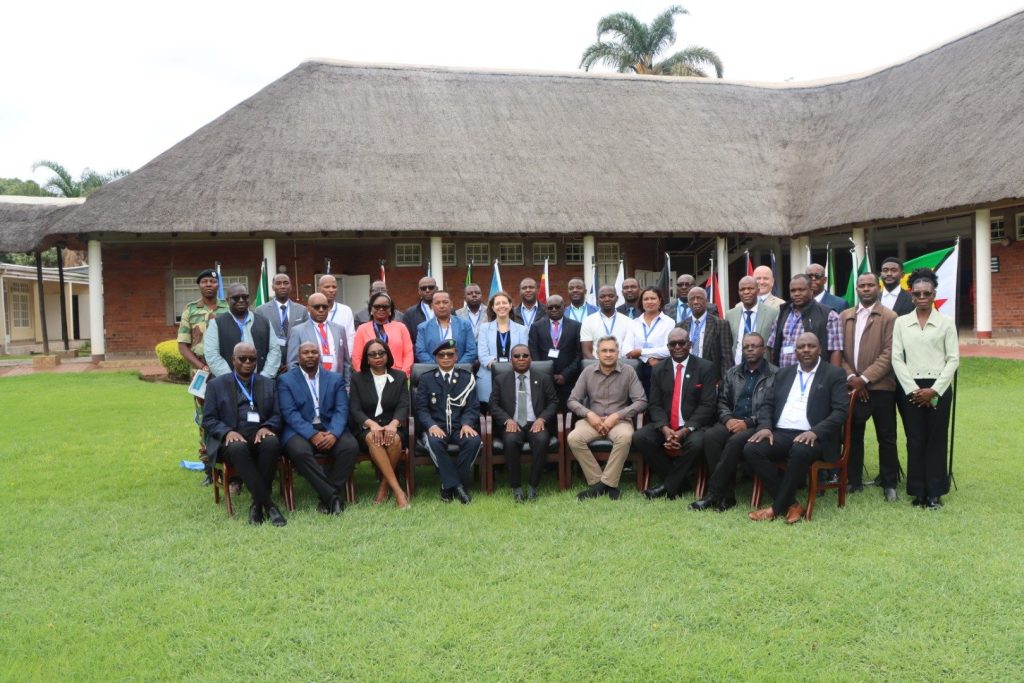The African Centre for the Constructive Resolution of Disputes (ACCORD), based in South Africa, and the International Senior Lawyers Project (ISLP – http://www.islp.org/), based in the United States, are undertaking a joint project on training in trade negotiations that will be applicable to a variety of bilateral and multilateral agreements, in order to enhance the capacity of southern African states to engage comparatively in international trade negotiation platforms. The first International Trade Negotiation Training workshop for the SADC region will be conducted in Botswana, from 8-12 May 2006, in collaboration with the Botswana Ministry for Trade and Industry.
International Trade Negotiations are an increasingly important arena in which African countries face both opportunities and challenges in their efforts to develop their economies. Practical training programs offered by negotiators with extensive experience in trade negotiations in the international arena and with effective negotiating strategies can significantly strengthen the capacity of trade negotiators. Such practical training programs provide an opportunity to exchange ideas, experiences and best practices with trade negotiators from other countries. Exposure to the experiences of other trade negotiators, the honing of negotiation skills, and sharing of differing styles in negotiations can greatly assist African countries in developing new and innovative strategies to improve their bargaining position in ongoing negotiations.
The Trade Negotiation Project at ACCORD therefore proposes to:
- Strengthen the participants’ substantive understanding of existing international trade regimes (both multilateral and bilateral);
- Present case studies of current issues of importance to African states and engage in interactive discussions and role playing to examine how those issues might be addressed in different negotiating contexts;
- Share Best Practices and Lessons Learned from experienced negotiators from other areas of the world; and
- Provide training on negotiation theory and practice based on the many years of experience of the trainers, in order to enhance the negotiation skills of active and potential trade negotiators.






